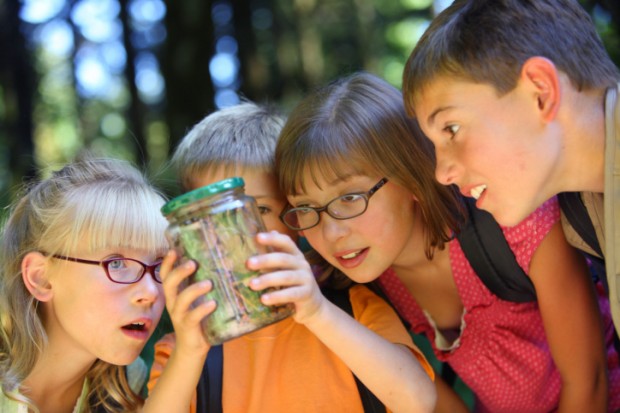As warm weather approaches and parents sign up their kids for summer enrichment programs, many may wonder how long the effects of these programs last. Do their benefits persist into the school year, or do they disappear come September?
A study led by Stanford University psychologist Paul O’Keefe, released online this month by the journal Motivation and Emotion, offers some heartening news: Students’ improvements in attitude and motivation stick around well after summer turns to fall.
Over the course of nine months, O’Keefe and his coauthors assessed a group of eighth-, ninth-, and tenth-graders three times: once before the end of the school year, once during their summer enrichment program, and a final time six months after the end of the program.
The researchers were looking at the teenagers’ “goal orientations”—were they interested in learning for learning’s sake, or in showing off their smarts? The first type of attitude, called a “mastery orientation,” has been linked to high levels of motivation and engagement, while the second, known as a “performance orientation,” has been tied to greater anxiety and less resilience in the face of failure.


